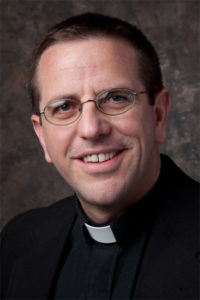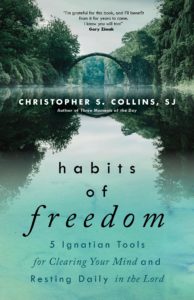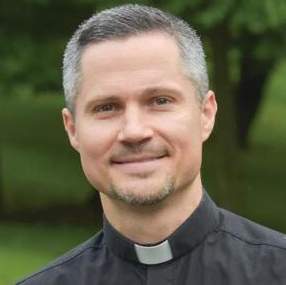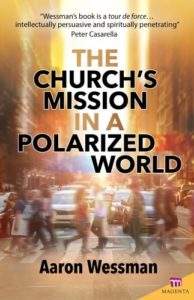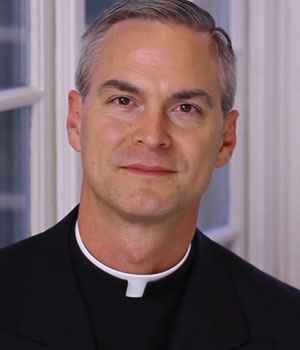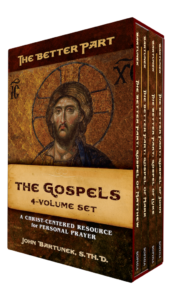Podcast: Play in new window | Download (Duration: 41:19 — 28.5MB) | Embed
Subscribe: Apple Podcasts | Spotify | Amazon Music | Android | Pandora | iHeartRadio | JioSaavn | Podchaser | Gaana | Podcast Index | Email | TuneIn | Deezer | Anghami | RSS | More
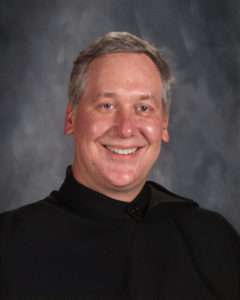
Fr. Cassian Koenemann – The Grace of Nothingness on Inside the Pages with Kris McGregor
Fr. Cassian Koenemann and Kris McGregor discuss the book The Grace of Nothingness, which explores the spiritual life of Blessed Columba Marmion. Fr. Koenemann shares how he initially resisted studying Marmion, but after Cardinal Burke’s persistent encouragement, he discovered Marmion’s profound teachings, especially through his book Christ the Life of the Monk.
Marmion, an Irish Benedictine monk, had a deep understanding of combining theological principles, such as Christ’s work in sanctifying individuals, with practical spiritual guidance. His teachings emphasized humility, prayer, and a reliance on God’s grace. His work, though not vast in volume, is rich in spiritual insight, especially his letters of spiritual direction, which guide individuals in their relationship with God.
A key theme is Marmion’s concept of “nothingness,” which highlights the paradox that while we are deeply loved by God, true spiritual growth comes from recognizing our dependence on His grace. This concept does not diminish personal value but encourages deeper humility and trust in God. Marmion’s spirituality also influenced St. Thérèse of Lisieux, especially in his reflections on God’s mercy.
Fr. Koenemann also addresses the modern struggle with control and self-reliance, advocating for surrender to God’s will and grace. Marmion’s spirituality is accessible and applicable for those seeking a deeper relationship with God, whether in monastic life or everyday situations.
To obtain a copy of the book, visit here.
Discerning Hearts Reflection Questions
- How do I approach spiritual growth in my life?
Reflect on whether you rely on your own efforts or open yourself to God’s grace for sanctification. - What role does humility play in my relationship with God?
Consider how accepting your “nothingness” before God can deepen your dependence on His will and grace. - Am I listening to God with the ear of my heart?
Examine how well you balance intellect and heart in discerning God’s voice and applying it to your life. - Do I recognize God’s mercy in my life?
Reflect on how you acknowledge and respond to God’s constant work in sanctifying and blessing you. - How do I understand the balance between personal dignity and humility?
Contemplate how you navigate your worth as God’s beloved while embracing a humble, selfless disposition. - Am I open to suffering as a means of grace?
Think about your attitude toward suffering and whether you trust God to bring good from painful experiences. - How do I live out humility in my interactions with others?
Evaluate your relationships and whether you express humility, service, and love in your community.
“The Grace of ‘Nothingness’ is a work of deep and sober reflection. What it reveals to us of Columba Marmion’s vision, however, is as fresh and surprising as the Gospel itself. Here we find, in the understanding of ‘nothingness,’ not the least hint of anything mandarin or esoteric, but a theme that focuses attention on the unique, saving grace of Christ. Fr Cassian complements his study with a helpful overview of the centuries of reflection on the theme of ‘nothingness’ in the writings of Catholic saints and mystics. This work is without question a truly insightful contribution to spiritual theology.”
—FR. PAUL MURRAY, OP
author of A Journey with Jonah
“St John of the Cross says that at the summit of the spiritual life there is ‘nothing.’ This introduction to the theme of ‘nothingness’ in the writings of Abbot Marmion offers fresh insights into this demanding feature of Christian life.”
—FR. CHRISTOPHER JAMISON, OSB
Abbot President of the English Benedictine Congregation

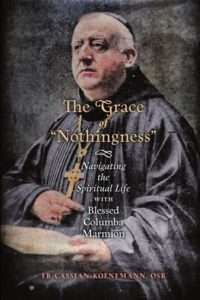




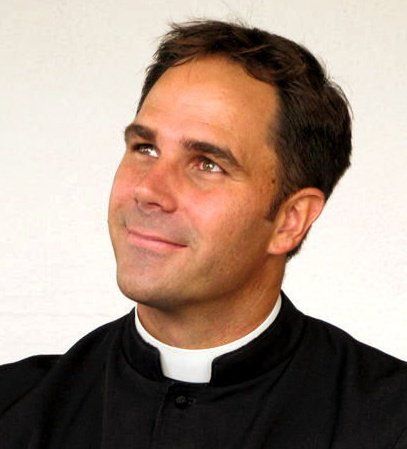
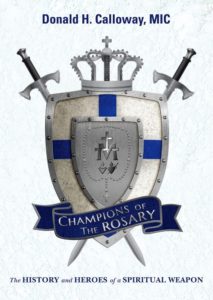
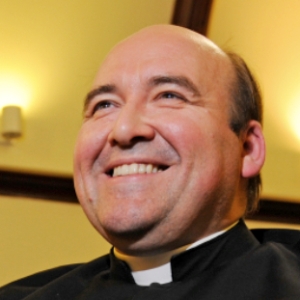
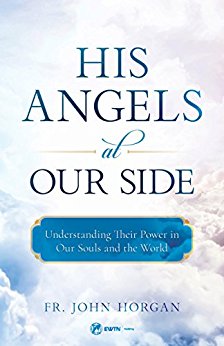

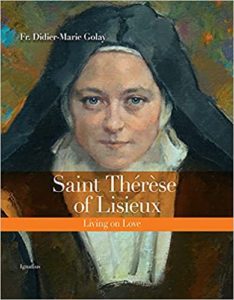 From the book description:
From the book description: